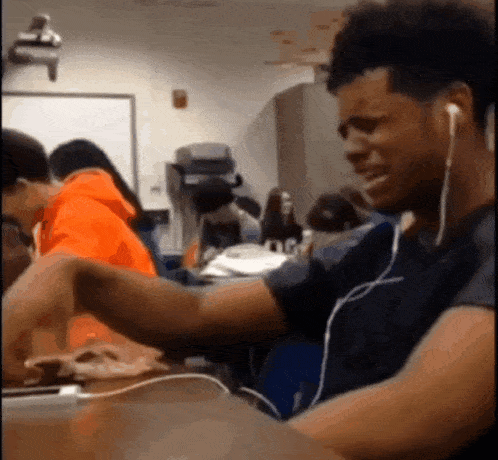This Saturday, countless Americans will flock to parks with burgers and beers to celebrate our nation’s independence. It’s easy for us to celebrate our struggle for freedom in a cheery, light manner today, given how far in the past the Revolutionary War is for us. But that distance also means that it’s easy for us to forget about the many valid, ongoing struggles for freedom around the world. Some of these struggles resonate with our own history, or even greatly surpass the slights Americans suffered under the British. Yet even on independence-sensitive days like the fourth, many of these struggles often go overlooked.
Granted, ever since Scotland’s independence referendum last September, there’s been a renewed interest in separatist movements. Despite Edinburgh’s failure to break away from London, the publicity and success of their campaign had the English quaking and scrambling. And beyond the U.K., the Scottish wave seems to have inspired a number of other separatist movements, from Catalonia in Spain to the Kurds in the heart of the Middle East, to make their own new ripples in the pool of global politics.
This momentum following the Scottish referendum has been beneficial to the public’s understanding of modern breakaway movements. Articles on separatism have pointed out that these movements are not just petty regional ethnic squabbles agitating against a comfortable status quo, but instead often well-supported and theoretically justified attempts to bring sovereignty closer to the people. And they’ve helped people to remember that separatism is not always about a violent struggle, but can be achieved through mutually beneficial and peaceful splits, as between Norway and Sweden at the start of the 20th century or the Czech Republic and Slovakia in the 1990s.
For all the benefits of this renewed interest, though, it’s hard not to notice that most conversations focus on breakaway factions in the West. And the few independence movements we talk about in the wider world (like Abkhazia and South Ossetia in Georgia, Transnistria in Moldova, or the Kurdish movement) are discussed insomuch as they fit into prevailing narratives of conflicts involving the Western world, from tensions with Russia over Ukraine to the fight against the Islamic State.
Partly, this is because there are just a lot of separatist movements in the West—at least 40 in Western Europe and just about one in every state in the U.S. (about a quarter to a third of Americans support some sort of secession for their state). Yet while we fixate on minute Western movements, there are actually hundreds of other new states and secessionist groups active in the rest of the world. It’s admittedly hard for outsiders to figure out which ones to take seriously, or even how to decode many of these conflicts—a fact that’s especially true in countries like India or Myanmar where there are dozens of tiny, hyper-regional independence movements.
But there are a few independence movements in the wider world with real and present powers to shape geopolitics in a way that could reverberate around the globe. In the name of bringing at least some of these groups to greater attention and in an effort to expand conversations on independence beyond their current Western focus, the following is a list of ten global independence movements you really should know about. They’ve been selected (unscientifically) for their scale, level of support, and potential for global impact.
















 Revenge can feel easier than forgiveness, which often brings sadness or anxiety.
Revenge can feel easier than forgiveness, which often brings sadness or anxiety. 
 Created with
Created with  Where to turn off autoplay in your account on Facebook’s website.Screen capture by The Conversation,
Where to turn off autoplay in your account on Facebook’s website.Screen capture by The Conversation, 
 A young teen cries while listening to music via
A young teen cries while listening to music via 
 A young couple waits in line at a coffee shopCanva
A young couple waits in line at a coffee shopCanva Gif of Eddie Murphy telling you to think
Gif of Eddie Murphy telling you to think


 Volunteers who drive homeless people to shelters talk with a person from Ukraine in Berlin on Jan. 7, 2026.
Volunteers who drive homeless people to shelters talk with a person from Ukraine in Berlin on Jan. 7, 2026.